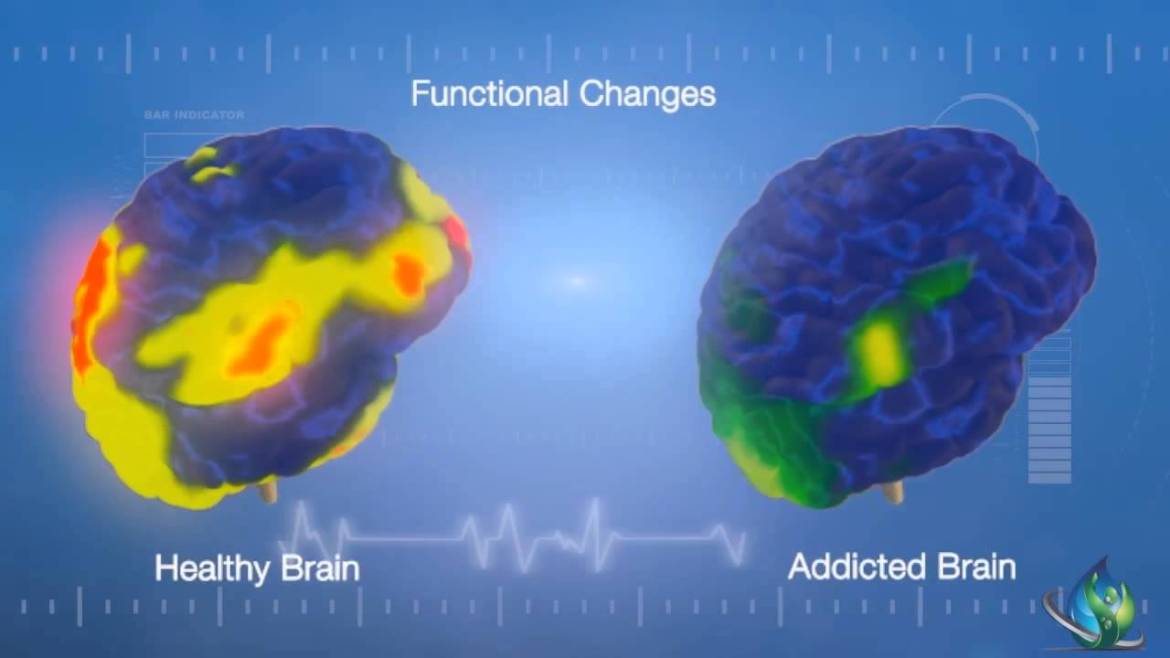Vancouver is stepping up and getting serious about fighting the opioid addiction. An emergency overdose task force established by the mayor has just released an incredible report full of good recommendations. Some of these can actually make a difference while other recommendations do not go far enough. Still, it is nice to see a big step in the right direction.
Actionable idea #46 – Provide supportive places for youth trying to access cannabis to work through grief and trauma
This is the only mention of cannabis in the report and they added it in for “the prevention of opiate use”. While it is closer to what we would like to see, it is not hitting the mark at all. According to this report, the Vancouver Task Force no longer sees cannabis as a gateway drug. But they see cannabis as a tool for preventing opiate use.
There are lots of people that use cannabis in the place of opiates to treat pain. So, yes, one can definitely say that cannabis use prevents opiate use. But what about the fact that cannabis can drastically minimize the symptoms of opiate withdrawal? This can make the detox process far more easy. Why isn’t this mentioned?
Get ready for a radical idea – opioid addiction is a disease and here is why
Consider this: Addiction is not a moral failing, it is a physical problem caused by an inefficiency in the reward center of the brain, the ventral tegmental area.
A friend of mine was telling me about a study on addiction she learned about in medical school. A company developed a drug that simply targeted the deficient pleasure center of the brain, the area that controlled instant gratification and rewards. This company gave the medication to people with a variety of addictions from cigarettes to heroin and alcohol in a test; every single one of them stopped using on their own.
The pleasure centers of the brain operate based on a critical balance between certain neurotransmitters such as dopamine and serotonin. Addiction causes an imbalance between these neurotransmitters and biologically, this creates more physical and emotional pain. Often times, they are born with this condition and have no idea. If fact, there are certain and common behavioral patterns as a result of this inefficiency that can even be recognized in early childhood; before a drug addiction has even begun.
The drugs that people use stimulate the deficient receptors and activate the reward center of the brain.
Addiction is not choice, its a biological problem. The opioid addiction is the result of our societies lack of ability to recognize a medical problem and now, we are faced with an epidemic.
How cannabis treats opioid addiction
It’s simple, cannabis affects your CB1 and CB2 receptors and there is a huge concentration of them in the prefrontal cortex. CB1 expression can have a huge impact on opiate reward because cannabis acts as an antagonist to your opiate receptors. Thus, reducing the rewarding properties of the drugs. This promotes balance. Over stimulating the pleasure center of the brain with drugs causes a person to seek out substances to recreate that same level of neurotransmission. Cannabis brings that level down, making it easier for your brain to feel satisfied.
Today, our approach to addiction is teaching an addict to white knuckle through pain and discomfort; until they have become used to it enough to be able to think about something other than addiction.
If we give the option of using cannabis, we give an addict the biological ability to chose not to use.
Where are we now?
We are in the middle of an opiate epidemic and it is very aptly named. We walk down the streets passing each other, with our own preconceived notions of how we each got to where we are in life. What if we have all been so blind as to the true cause of one of society’s biggest challenges? Our world would be different if everyone perceived addiction to be a medical problem. Imagine the approach and solutions that would come from our medical community and our government. A lot of those solutions can be found in this Overdose Emergency Task Force report.
But, we are still under utilizing one of the most biologically effective tools available, cannabis.
Reference:
Emerging Evidence for Cannabis’ Rold in Opioid Use Disorder
Beth Wiesel and Adrianne R. Wilson-Poe
https://www.ncbi.nlm.nih.gov/pmc/articles/PMC6135562/






